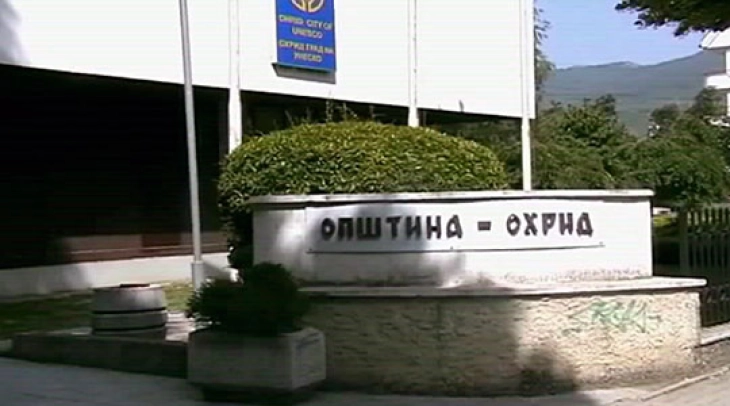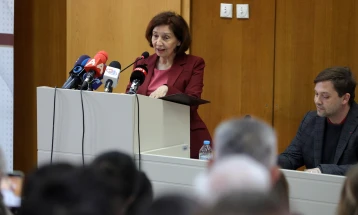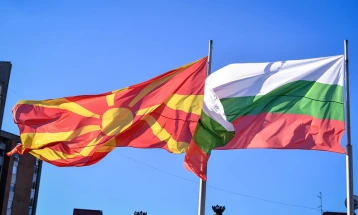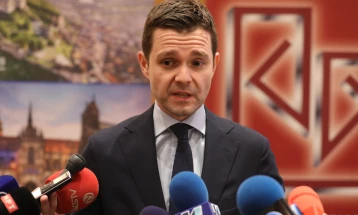Ohrid tops list of municipalities on local youth inclusion: analysis
- The average score of social youth inclusion at local level is 41 percent with the Municipality of Ohrid being the highest-ranking municipality in the country, show findings of the analysis “Index for social youth inclusion at local level 2023 – 2024”, of the National Youth Council of Macedonia (NYCM).

Skopje, 27 August 2024 (MIA) – The average score of social youth inclusion at local level is 41 percent with the Municipality of Ohrid being the highest-ranking municipality in the country, show findings of the analysis “Index for social youth inclusion at local level 2023 – 2024”, of the National Youth Council of Macedonia (NYCM).
The analysis ranks municipalities according to their performances in championing inclusion and equality of young people also serving as a tool to identify areas needing improvement and to emphasize successful practices that can be used in other municipalities.
For the purpose of the analysis, a set of indicators were developed that were distributed in four groups of interest, as well as ways to monitor and collect information. The research included all 80 municipalities in the country.
In addition to Ohrid, the municipalities of Gostivar, Kriva Palanka, Strumica and Gevgelija were also designated as friendly.
“Of the four researched areas, the municipalities performed the best as regards access to services with 40 percent of the municipalities ranked as good and excellent and Ohrid, Veles, Bitola, Strumica and Gostivar being at the top. As regards access to information, 31 percent of the municipalities are excellent with the best being Kisela Vida, Ohrid, Berovo, Zrnovci and Dojran. As regards youth inclusion in public policies, a mere 4 percent of the municipalities, including Ohrid, Zelenikovo and Tetovo, are excellent. As regards formation of youth councils, only 16 percent of the municipalities have functioning councils, including Tearce, Zelenikovo, Gostivar, Lozovo and Gevgelija,” says NYCM.
The analysis of local youth participation, it adds, reveals significant challenges in the implementation of legal obligations stemming from the law on youth participation and youth policies and the implementation of the measures envisaged in the National Youth Strategy.
“Additionally, the municipalities rarely target young people as a separate target group and communication channels are not adjusted to their needs. Financial support for young people is often focused on sports clubs, scholarships for young people and similar types of financing and support of young people,” says the analysis, which stresses that youth inclusion requires the need of significant changes.
MIA file photo







